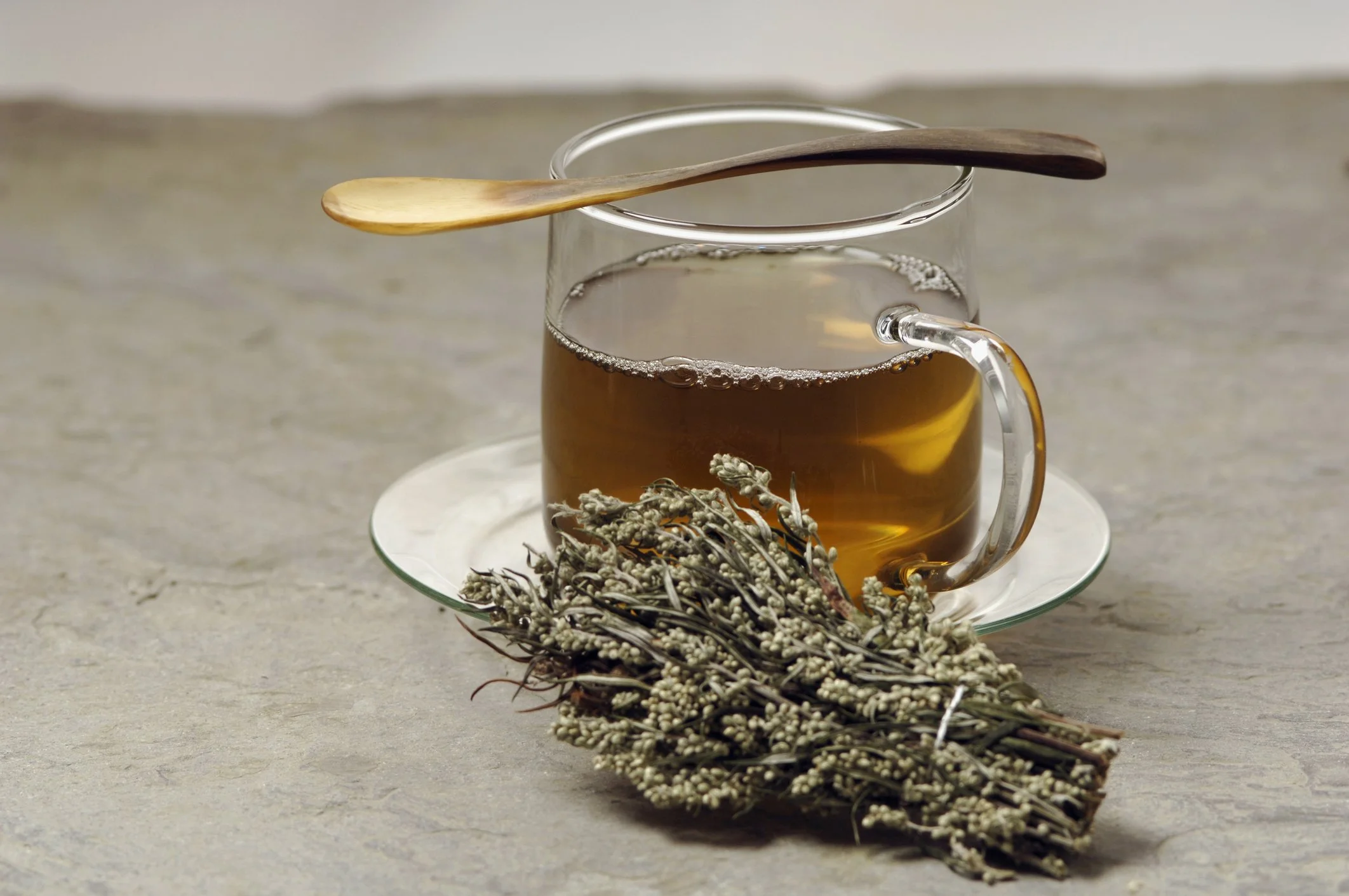
The Herbal Glossary
A concise glossary of herbal terms used in clinical and botanical medicine.
From actions and energetics to indications and formulations, this A to Z guide is designed to support students and practitioners in understanding the core language of herbal medicine.
Herbal Medicine Terms
Herbal actions are the words we use to describe what a plant actually does in the body, whether it calms, moves, cools, protects, or relieves. They make it easier to match the right herb to the right person or symptom. One herb can have several actions (peppermint is carminative, but also gently cooling), so we don’t box plants into just one job.
Below is an A–Z of herbal actions. Click any term to see what it means and how it’s used.






